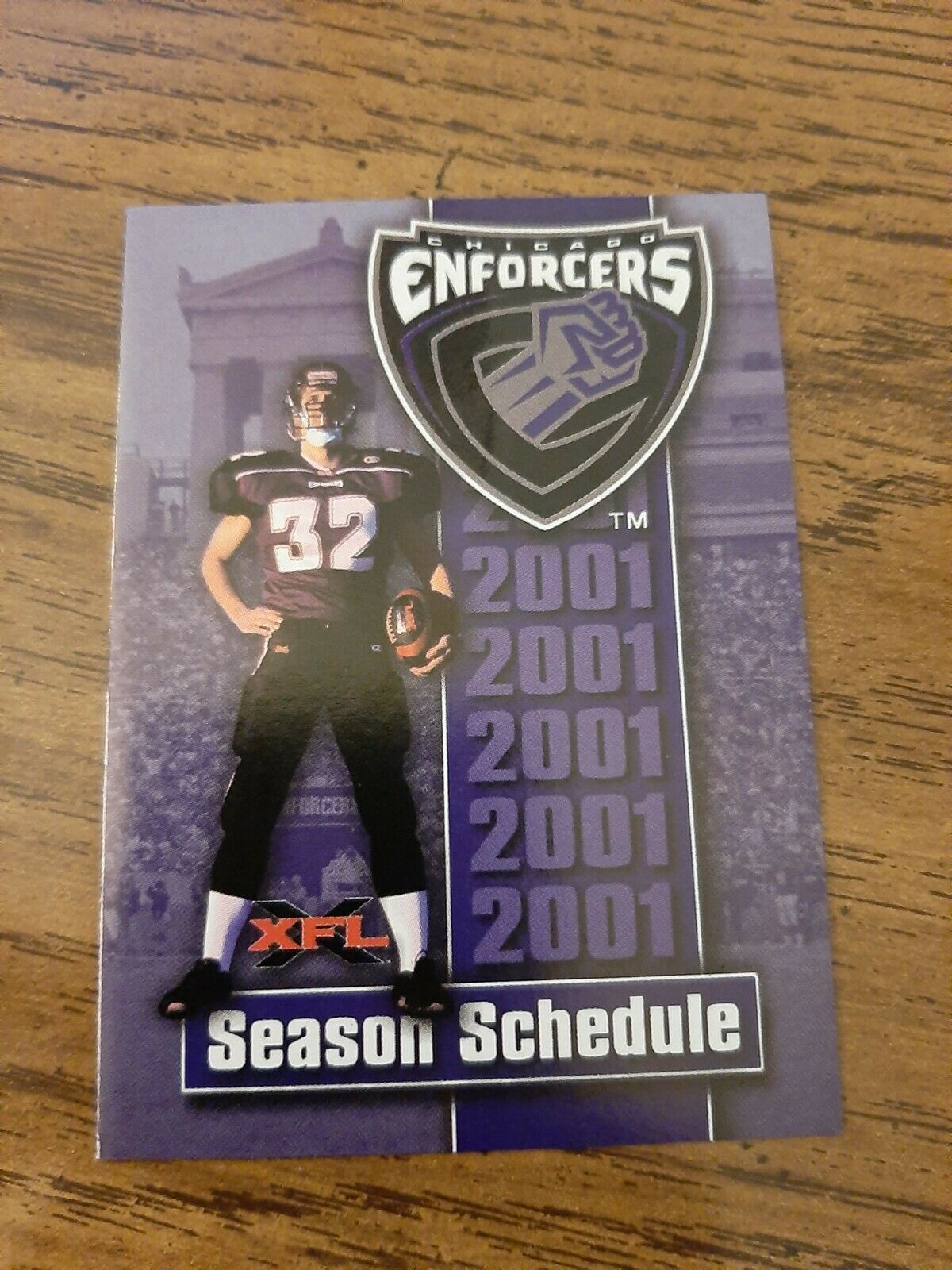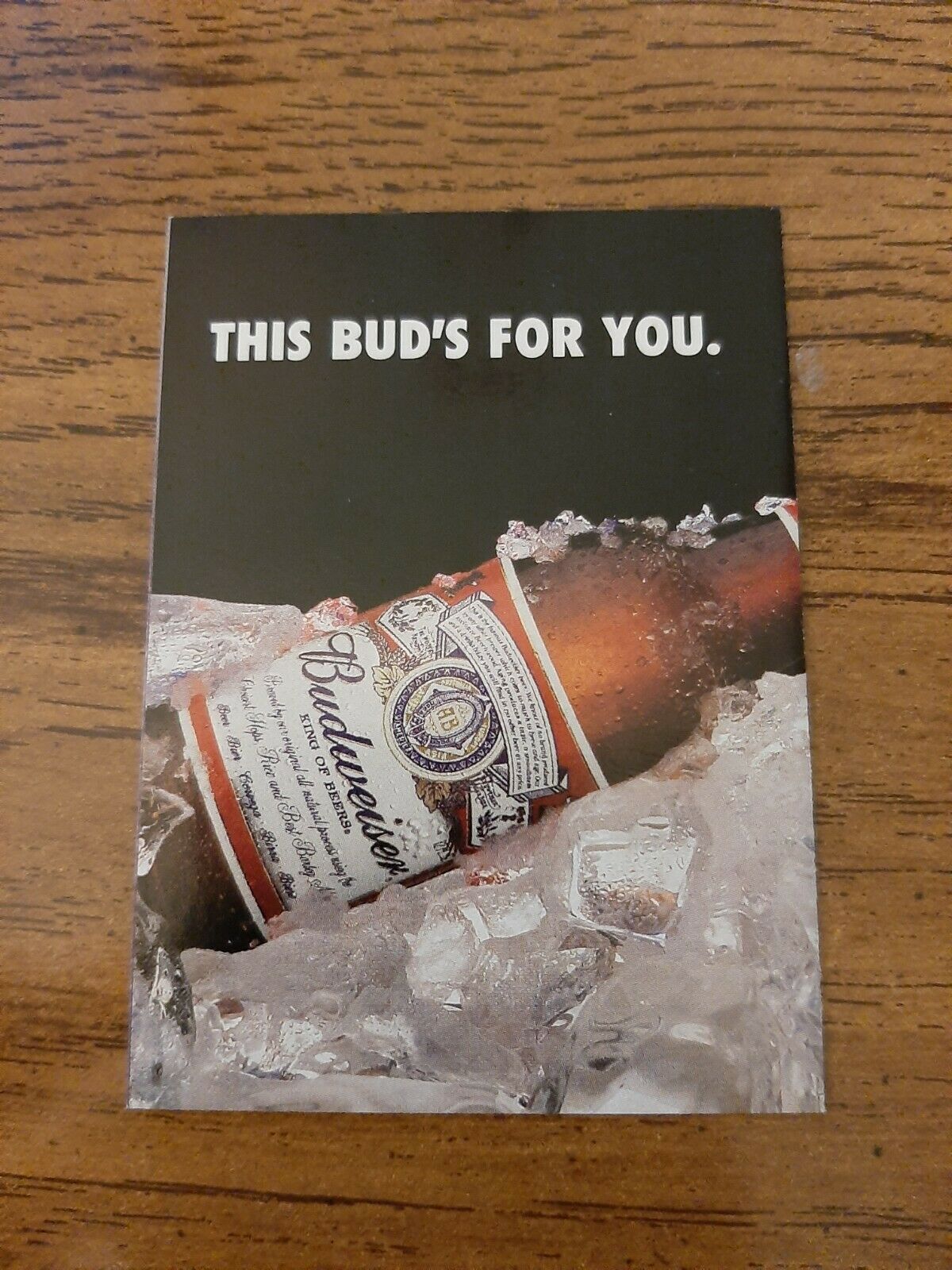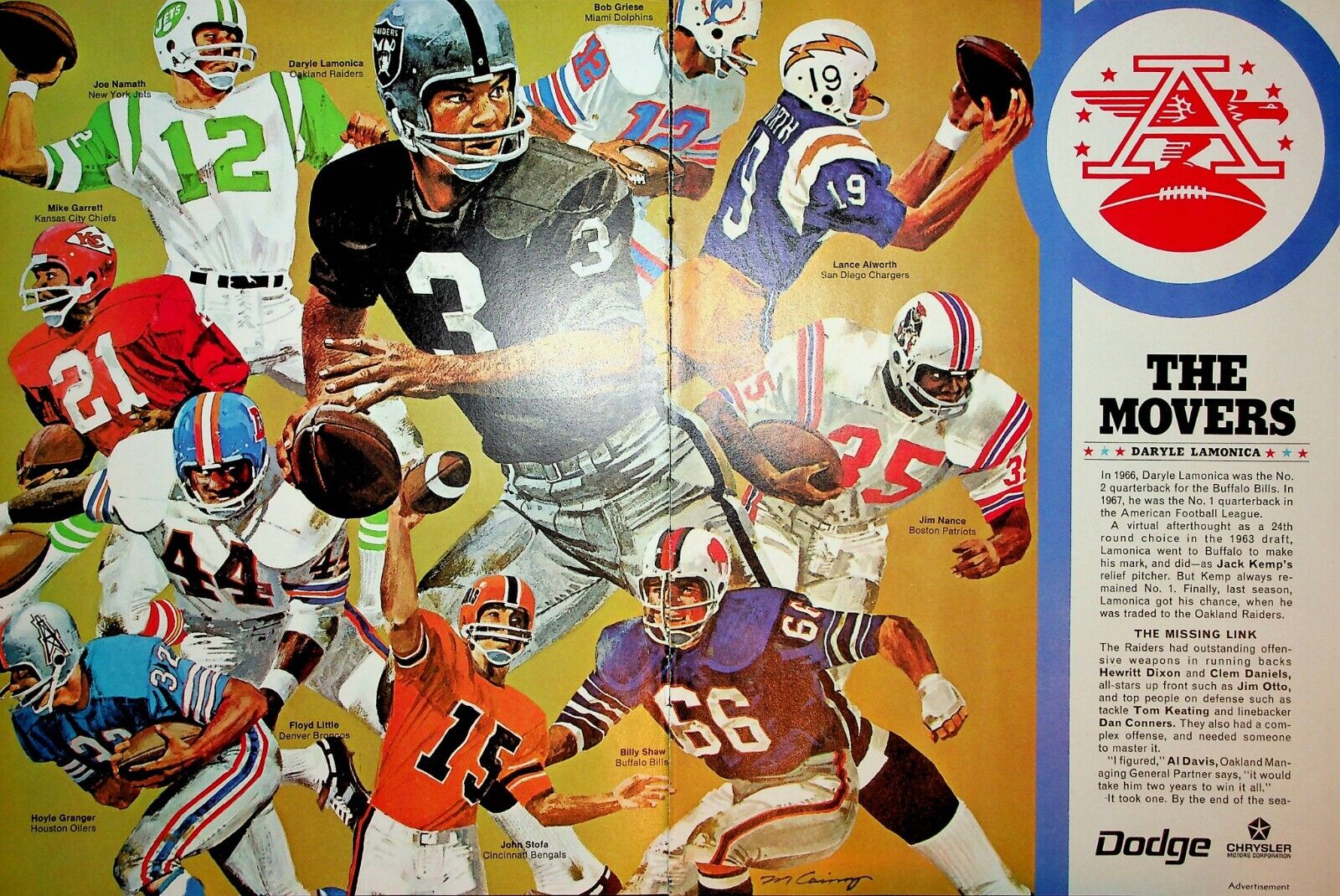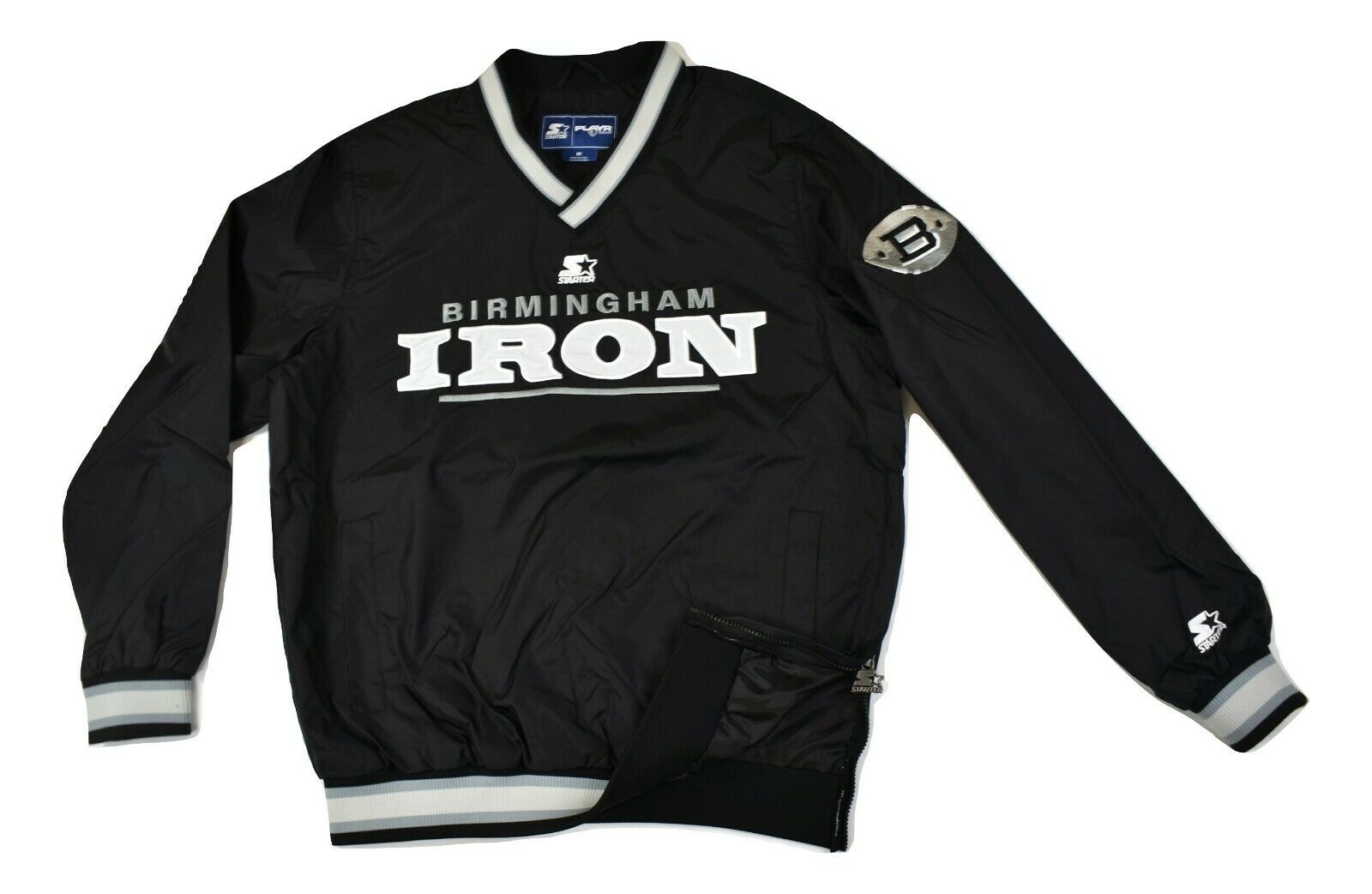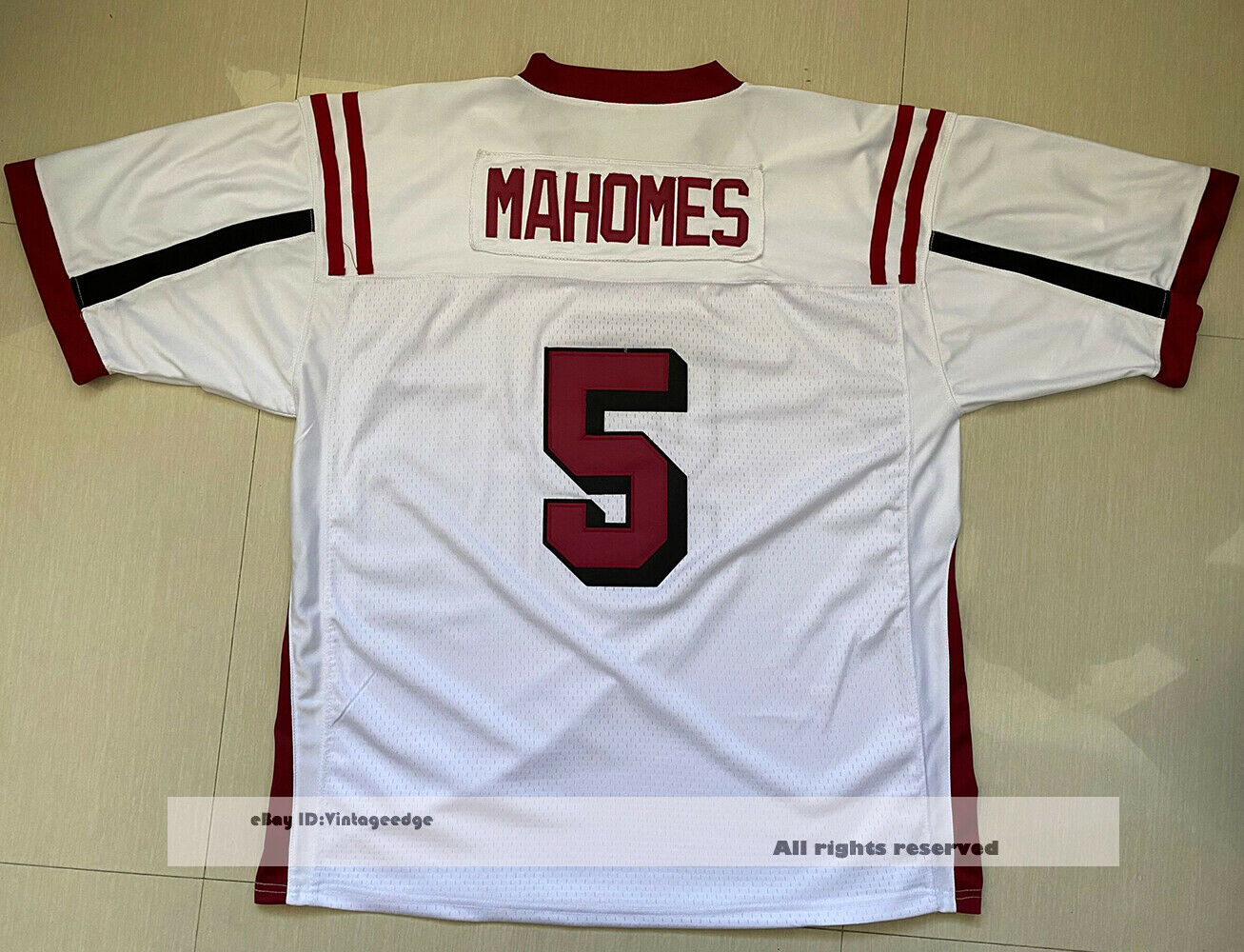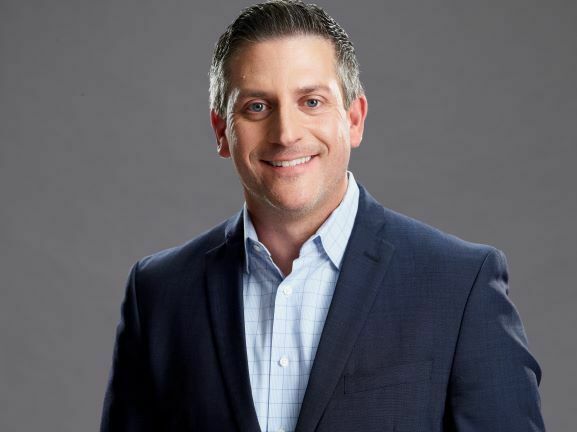-40%
XFL Football Schedule Chicago Enforcers 2001 Original WWE WWF NXT NFL McMahon
$ 1.32
- Description
- Size Guide
Description
You are bidding on a rare pocket schedule from the 2001 XFL Chicago Enforcers. This was the XFL's first stint at football. It was a great season but it would be nearly 20 years before the XFL would play again. They brought a lot of great technology to the game of football.I am selling several items from my personal collection to make up for lost money from the pandemic. Please feel free to check out my other auctions for more great items. I appreciate you looking.
The original
XFL
was a professional
American football
league that played its only season in 2001. The XFL was operated as a joint venture between the
World Wrestling Federation
(WWF, now WWE) and
NBC
. The XFL was conceived as an outdoor football league that would begin play immediately after the
National Football League
season ended to take advantage of lingering public desire to watch football after the NFL and
college football
seasons had concluded. It was promoted as having fewer rules to encourage rougher play than other major leagues. The league had eight teams in two divisions, including major markets and some not directly served by the NFL, such as Birmingham, Las Vegas, Memphis, and Orlando. The XFL operated as a single entity with all teams owned by the league, in contrast to most major professional leagues, which use a
franchise
model with individual owners.
Co-owner NBC served as the main carrier of XFL games, along with
UPN
and
TNN
. The presentation of XFL games featured
sports entertainment
elements inspired by
professional wrestling
(and in particular, the WWF's then-present "
Attitude Era
"), including
heat
and
kayfabe
, suggestively-dressed
cheerleaders
, and occasional usage of WWF personalities (such as
Jesse Ventura
,
Jim Ross
, and
Jerry Lawler
) as part of on-air commentary crews alongside sportscasters and veteran football players. Despite the professional wrestling influence, the games and their outcomes were
legitimate
and not based on scripted storylines.
The first night of play brought higher television viewership than NBC had projected, but ratings exponentially plummeted for subsequent games, with criticism directed toward its overall quality of play, on-air presentation, and connection to the WWF. NBC and the WWF both lost million on their 0 million investment in the inaugural season, prompting NBC to pull out of the venture after one season. While plans were made to continue without NBC (with plans for expansion teams as well),
UPN
allegedly made untenable demands of the league, which hastened its demise. The league ceased operations entirely in May 2001. Its closure was announced just a few weeks after the
league's season championship game
, in which the
Los Angeles Xtreme
defeated the
San Francisco Demons
, on April 21, 2001, at the
Los Angeles Memorial Coliseum
.
Despite its short-lived existence, the XFL did pioneer several on-air technologies that would later become commonplace in football telecasts, such as aerial
skycams
, and on-player microphones. WWF owner
Vince McMahon
maintained control of the XFL brand after the league ceased operations, despite many, including McMahon himself, considering the original league to be a "colossal failure."
[2]
[3]
However, McMahon did not give up on the idea of a professional spring football league, and launched a
new iteration of the league
in 2020. The new XFL was run by a new McMahon-controlled company independent from the present-day
WWE
, and did not utilize the sports entertainment elements featured in the previous incarnation. The second iteration of the XFL's
inaugural season
was aborted and the league suspended operations and filed for bankruptcy in April 2020.
[4]
[5]
Contents
1
Founding
2
Draft
3
Teams
4
2001 season
4.1
On the field
4.2
Off the field
4.3
2001 standings
4.4
Awards
4.5
Statistical leaders
4.6
Statistics
5
XFL rule changes
5.1
Game balls
5.2
Grass stadiums
5.3
Opening scramble
5.4
No PAT (point after touchdown) kicks
5.5
Overtime
5.6
Bump and run
5.7
Forward motion
5.8
Punting rules
5.9
Play clock
5.10
Roster and salaries
5.11
Jersey nicknames
6
Broadcast overview
6.1
Skycam and Bubba Cam
6.2
Broadcast schedule
6.3
Broadcast teams
7
Critical reception
8
End of season and failure
9
Legacy
10
Notable players
10.1
Played in the CFL
10.2
Won a Grey Cup
10.3
Played in the NFL
10.4
Played in the Super Bowl
10.5
Won a Super Bowl
10.6
Won both an XFL Championship and Super Bowl
10.7
Won an XFL Championship, Grey Cup, and Super Bowl
10.8
Played in the Arena Football League
10.9
Wrestled for WWE
11
Current status and revival
12
Citations
13
References
14
External links
Founding
[
edit
]
Created as a 50–50 joint venture between
NBC
and WWF-owned subsidiary WWE Properties International, Inc.
[6]
under the company name "XFL, LLC", the XFL was created as a "
single-entity league
;" instead of the
franchise model
used by the NFL and other major leagues, or the hybrid model where investors in the league are given operations over teams (as used in
Major League Soccer
), the XFL uniformly owned and operated all of its teams as one corporation, with no individual owners.
Vince McMahon
's original plan was to purchase the
Canadian Football League
(after the CFL initially approached him about purchasing the
Toronto Argonauts
) and "
have it migrate south
,"
[7]
while NBC, who had lost their long-held broadcast rights to the NFL's
American Football Conference (AFC)
to
CBS
in 1998, was moving ahead with
Time Warner
to create a football league of their own.
[8]
[9]
The concept of the league was first announced by league commissioner Tyler Schueck on February 3, 2000. The XFL was originally conceived to build on the success of the NFL and
professional wrestling
. It combined the traditional game of American football with the
kayfabe
and stunts of professional wrestling. As
WWF
was, at the time, in the midst of its
Attitude Era
, the XFL's presentation likewise would reflect that approach toward football.
[10]
It was hyped as "real" football without penalties for roughness and with fewer rules in general. The games would feature players and coaches with microphones and cameras in the huddle and in the
locker rooms
. Stadiums featured
trash-talking
public address announcers and scantily-clad
cheerleaders
who were encouraged to date the players. Instead of a pre-game coin toss, XFL officials put the ball on the ground and let a player from each team scramble for it to determine who received the kickoff option. The practice was dubbed "The Human Coin Toss" by commentators, and one player famously separated his shoulder on the first scramble, missing the rest of the season.
[11]
The XFL featured extensive television coverage, with three games televised each week on
NBC
,
UPN
, and
TNN
. To accommodate this, it placed four of its teams in the four largest U.S. media markets:
New York City/North Jersey
,
Chicago
, the
San Francisco Bay Area
, and
Greater Los Angeles
(this was during the
NFL's 21 year absence from the Los Angeles metro area
). The remaining four teams were placed in markets that had previously hosted teams in second-tier and/or rival major leagues: Birmingham, Memphis, Las Vegas, and Orlando. All of the XFL's markets except Las Vegas had hosted teams in the
United States Football League
in the 1980s; Las Vegas, along with Birmingham and Memphis, had hosted short-lived CFL teams in the 1990s.
The XFL chose unusual names for its teams, most of which either referenced images of uncontrolled insanity (
Maniax
,
Rage
,
Xtreme
,
Demons
) or criminal activity (
Enforcers
,
Hitmen
,
Outlaws
, and the
Birmingham Blast
). After outrage from Birmingham residents who noted that Birmingham had a history of notorious "blasts", including the
16th Street Baptist Church bombing
in 1963 and
Eric Rudolph
's 1998 bombing of a local abortion clinic, the XFL changed the name of the Birmingham team to the more benign "Birmingham Thunderbolts" (later shortened to "Bolts").
[12]
Contrary to popular belief, the "X" in XFL did not stand for "extreme", as in "eXtreme Football League".
[13]
When the league was first organized in 1999, it was originally supposed to stand for "Xtreme Football League"; however, there was already a league in formation at the same time with that name, and so promoters wanted to make sure that everyone knew that the "X" did not actually stand for anything (though McMahon would comment that "if the NFL stood for the 'No Fun League', the XFL will stand for the 'e
x
tra
f
un
l
eague'"
[14]
). The other Xtreme Football League, which was also organized in 1999, merged with the
Arena Football League
's minor league
AF2
before ever playing a single game. In a much later article describing the origins of the league's name,
Sports Illustrated
stated: " The F and the L act to indicate, if only indirectly, a football league. But the X is a variable. It could mean anything."
[15]
Draft
[
edit
]
Main article:
2001 XFL Draft
The only main draft for the league took place over a three-day period from October 28 to October 30, 2000. A total of 475 players were selected initially, with 65 additional players then selected in a supplemental draft on December 29, 2000.
Teams
[
edit
]
Eastern Division
Western Division
Eastern Division
Birmingham Thunderbolts
Chicago Enforcers
New York/New Jersey Hitmen
Orlando Rage
Western Division
Las Vegas Outlaws
Los Angeles Xtreme
Memphis Maniax
San Francisco Demons
2001 season
[
edit
]
A
Chicago Enforcers
XFL game at
Soldier Field
On the field
[
edit
]
The XFL's opening game took place on February 3, 2001, one year after the league was announced, less than one week following the NFL's
Super Bowl
XXXV
. The first game was between the
New York/New Jersey Hitmen
and the
Las Vegas Outlaws
at
Sam Boyd Stadium
in
Las Vegas, Nevada
.
The league's regular season structure was set up so that each team played teams in its own division twice in the season, home and away (the same as the
National Football League
) and played against teams in the other division once. The season ran ten weeks, with no
bye weeks
.
The league's western division was far more competitive than the east, with the four teams' records ranging from 7–3 (for eventual champion Los Angeles) to 4–6 (Las Vegas, who finished last after losing its last three games to end up one game out of a playoff spot). In the East, New York and Chicago both were hampered by slow starts and ineffective starters before making personnel changes that improved their play, while Orlando, under quarterback
Jeff Brohm
, who owned the league's highest QB rating at 99.9 during the 2001 XFL season, soared to first place, winning its first six games before Brohm suffered a career-ending injury and the team regressed (the team went 2–2 in his absence). Birmingham started the season 2–1 before a rash of injuries (and tougher competition, as its two wins were against New York and Chicago) led to the team losing the last seven games. Injuries were a major problem across the league: only three of the league's eight Opening Day starting quarterbacks —Los Angeles's
Tommy Maddox
, San Francisco's
Mike Pawlawski
and Memphis's
Jim Druckenmiller
—were still starters by the end of the season. Birmingham and Las Vegas were both on their third-string quarterbacks by the end of the ten-week season.
The top two teams in each division qualified for the playoffs. To avoid teams having to play each other three times in a season, the league set up the semifinal round of the playoffs so that the games would feature teams from opposite divisions: the east division champion (Orlando) hosted the west division runner-up (San Francisco), and likewise for the west champion and east runner-up (Los Angeles and Chicago, respectively). Los Angeles and San Francisco each won their playoff games to advance to the
XFL championship
.
Off the field
[
edit
]
The opening game ended with a 19–0 victory for the Outlaws, and was watched on NBC by an estimated 14 million viewers. During the telecast,
NBC
switched over to the game between the
Orlando Rage
and the
Chicago Enforcers
, which was a closer contest than the blowout taking place in Las Vegas. The opening night drew a 9.5
Nielsen rating
.
[16]
The opening-week games actually delivered ratings double those of what NBC had promised advertisers (and more viewers than the
2001 Pro Bowl
). The audience declined to a 4.6 in week 2,
[17]
still an acceptable rating for NBC, but further ratings declines eventually led to the network abandoning the league after the season.
A further problem was that the XFL itself was the brainchild of Vince McMahon, a man who was ridiculed by mainstream sports journalists due to the stigma attached to
professional wrestling
as being "
fake
"; many journalists even jokingly speculated whether any of the league's games were
rigged
, although nothing of this sort was ever seriously investigated.
Ebersol was disappointed with the opening game's poor quality of play.
[18]
Even longtime NBC sportscaster
Bob Costas
joined in the mocking of the league. Ebersol purposely allowed Costas and other NBC Sports veterans to opt out of the network's coverage of the league (hence with the exception of former
NFL on NBC
analyst
Mike Adamle
, its coverage was helmed mostly by younger unknowns and professional wrestling figures), and Costas in particular did not like McMahon's approach to the sport. In an appearance on
Late Night with Conan O'Brien
in February 2001, after the league's second week of play, Costas joked: "It has to be at least a decade since I first mused out loud, 'Why doesn't somebody combine mediocre
high school football
with a tawdry
strip club
?' Finally, somebody takes my idea and runs with it."
[19]
Costas interviewed a defiant McMahon for an episode of his
HBO
show
On the Record
as the league was in decline, an interview that the 2017 documentary
This Was the XFL
portrayed as being an omen of the league's collapse.
2001 standings
[
edit
]
Regular season
Eastern Division
Team
Won
Lost
Pct.
GB
y-
Orlando Rage
8
2
.800
–
x-
Chicago Enforcers
5
5
.500
3
New York/New Jersey Hitmen
4
6
.400
4
Birmingham Thunderbolts
2
8
.200
6
Western Division
Team
Won
Lost
Pct.
GB
y-
Los Angeles Xtreme
7
3
.700
–
x-
San Francisco Demons
5
5
.500
2
Memphis Maniax
5
5
.500
2
Las Vegas Outlaws
4
6
.400
3
Playoffs
Semifinals
Million Dollar Game
April 14 –
Citrus Bowl
, Orlando
W2
San Francisco
26
E1
Orlando
25
April 21 – Memorial Coliseum, Los Angeles
W2
San Francisco
6
April 15 –
Memorial Coliseum
, Los Angeles
W1
Los Angeles
38
E2
Chicago
16
W1
Los Angeles
33
Awards
[
edit
]
Most Valuable Player:
Tommy Maddox
, QB,
Los Angeles Xtreme
Million Dollar Game MVP:
Jose Cortez
, K,
Los Angeles Xtreme
Coach of the Year:
Galen Hall
,
Orlando Rage
Statistical leaders
[
edit
]
Rushing Attempts: 153
James Bostic
(
Birmingham Thunderbolts
)
Rushing Yards: 800
John Avery
(
Chicago Enforcers
)
Rushing Touchdowns: 7
Derrick Clark
(
Orlando Rage
)
Receptions: 67
Jeremaine Copeland
(
Los Angeles Xtreme
)
Receiving Yards: 828
Stepfret Williams
(
Birmingham Thunderbolts
)
Receiving Touchdowns: 8
Darnell McDonald
(
Los Angeles Xtreme
)
Passing Attempts: 342
Tommy Maddox
(
Los Angeles Xtreme
)
Passing Completions: 196 Tommy Maddox (
Los Angeles Xtreme
)
Passing Yards: 2,186 Tommy Maddox (
Los Angeles Xtreme
)
Passing Touchdowns: 18 Tommy Maddox (
Los Angeles Xtreme
)
Passing Interceptions: 10
Brian Kuklick
(
Orlando Rage
)
Interceptions: 5
Corey Ivy
(
Chicago Enforcers
)
Quarterback Sacks: 7
Antonio Edwards
and
Kelvin Kinney
(both
Las Vegas Outlaws
)
